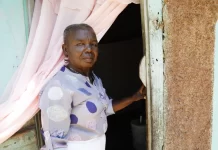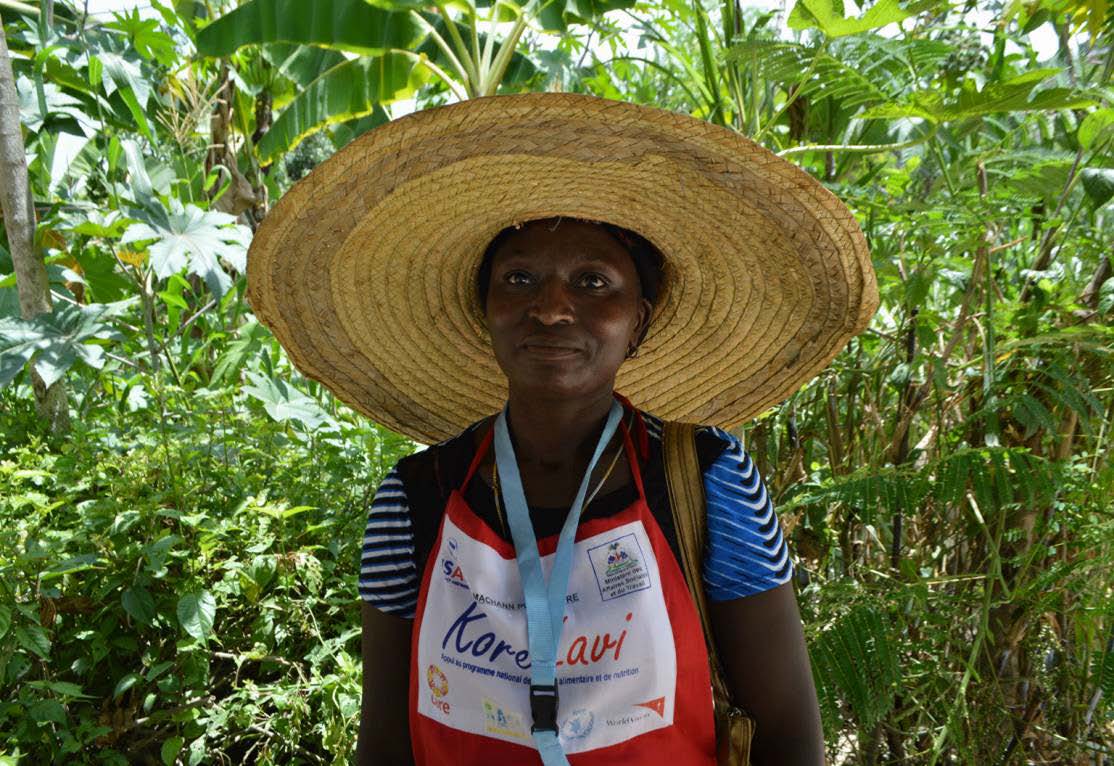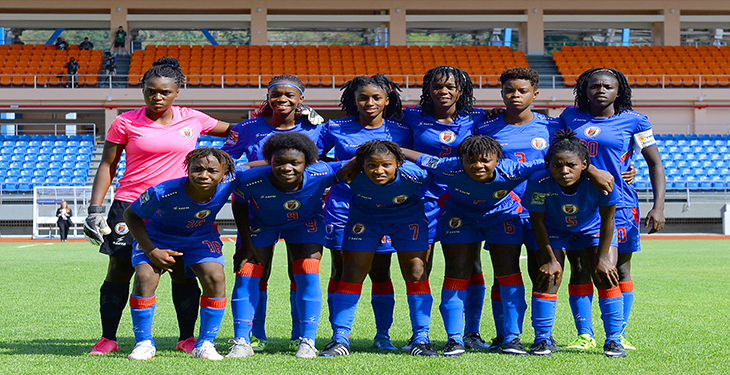Each week in southern Haiti, Lucamène Chéry puts on her uniform and stocks her market stall with local vegetables. Shoppers filter past, selecting products for their families. In exchange for the produce, Chéry accepts a unique form for payment—food vouchers—which allows the most vulnerable members of the community to access nutritious foods that they would otherwise be unable to afford.
Haiti is the poorest country in the Western Hemisphere and half the country’s population lives on less than $1.25 per day. Heavily dependent on food imports, Haiti remains extremely vulnerable to price spikes in the global food market.
The country also remains particularly susceptible to natural disasters, including Hurricane Matthew, which hit in October 2016 and continues to drive elevated levels of food insecurity in the worst-affected communities.
Since 2013, USAID has collaborated with the Government of Haiti and CARE to establish a safety net system that boosts household food security, reduces child malnutrition and fosters greater household resilience to shocks. The most vulnerable families in five of Haiti’s 10 departments receive food vouchers, which are redeemable for local foods from vendors like Chéry. The vendors then trade in the vouchers for cash.
Chéry is part of a network of nearly 1000 Haitian food vendors who supply local agricultural products—such as fruits, vegetables and tubers—to chronically food-insecure families participating in a USAID-supported program.
A mother of five, Chéry previously struggled to afford enough food for her family. Now, with a dedicated customer base in the program, Chéry earns a significantly higher income that allows her to support her family while also investing in her children’s future and expanding her business.
“I’m able to pay the school enrollment fees for my children without difficulty, and I also raise chickens, turkeys, goats and cows,” she says.
Chéry also belongs to one of the program’s 1,200 community-led village savings groups. These groups provide more than 35,800 program participants—including more than 26,300 women—financial training as well as access to small loans that can be used to improve their businesses.
The increase in business has encouraged Chéry’s husband to become more involved in their food vending business. “Now, he accompanies me when I go buy merchandise and he helps me sell it at the market,” says Chéry.
Each month, the voucher program provides more than 18,150 food-insecure households with access to healthy foods that they might otherwise be unable to afford. Community-managed programs that distribute information on health, hygiene and nutrition complement the vouchers for food.
By relying on local vendors selling local products, the program strengthens markets, encourages the development of the country’s private agricultural sector and fortifies community resilience to shocks.
By: USAID | September 26, 2017






























![Phyllisia Ross – KONSA [Official Music Video]](https://haitiville.com/wp-content/uploads/2014/08/phyliisia.jpg)











